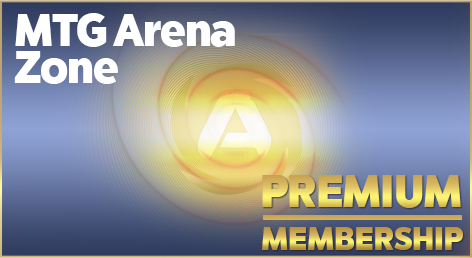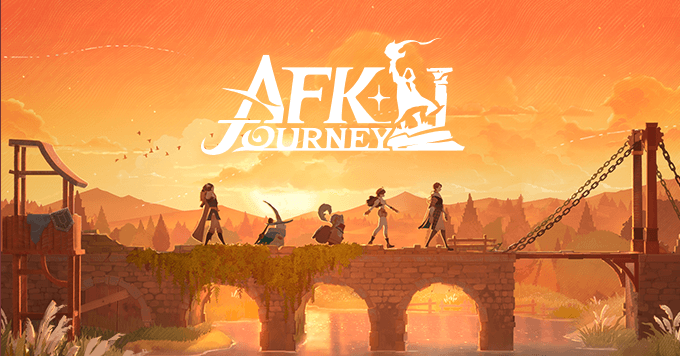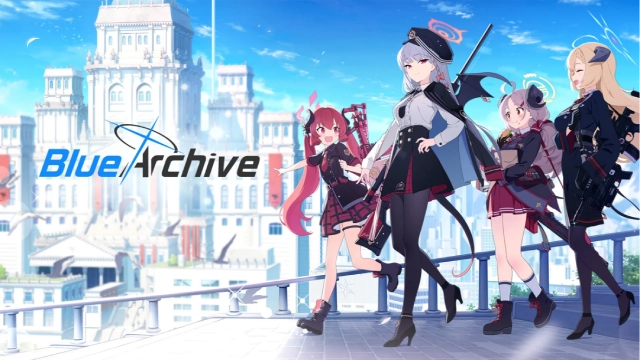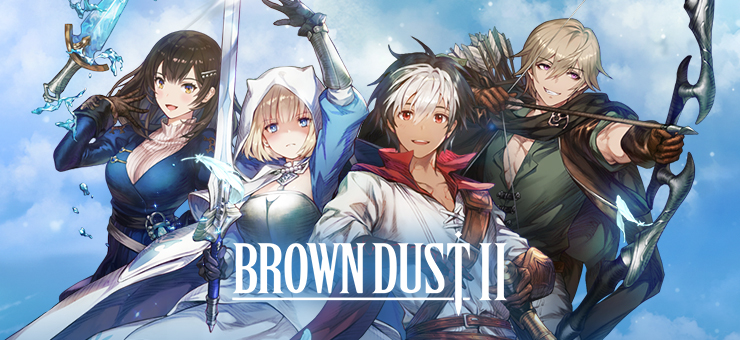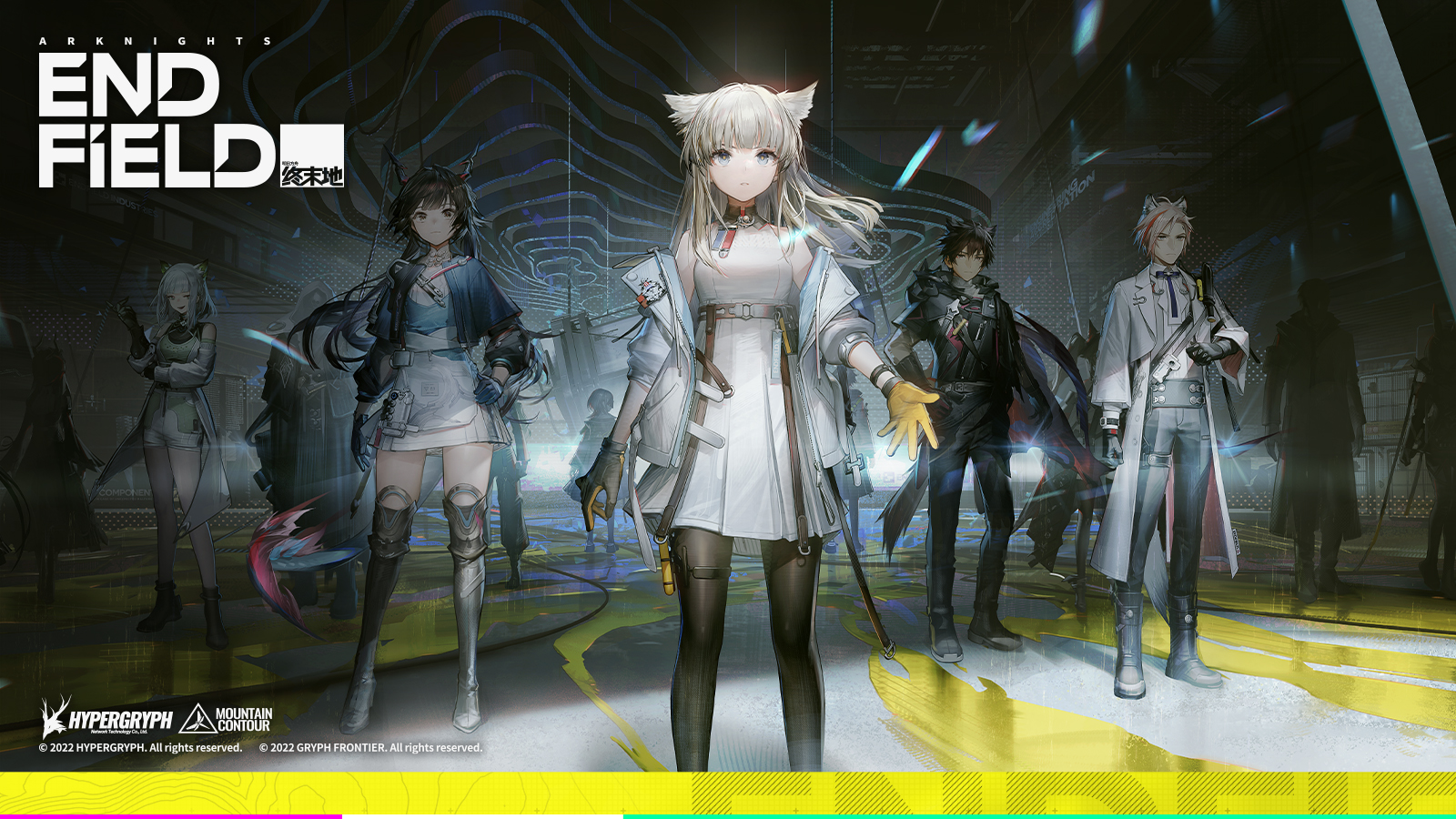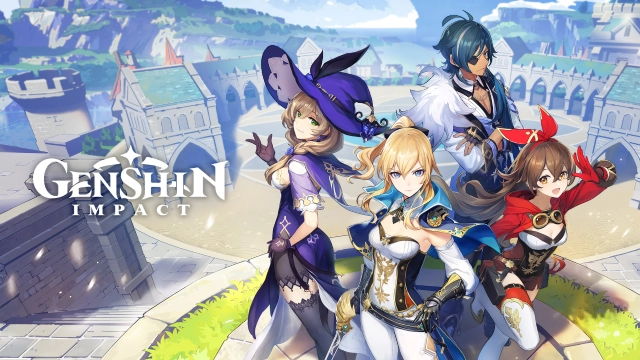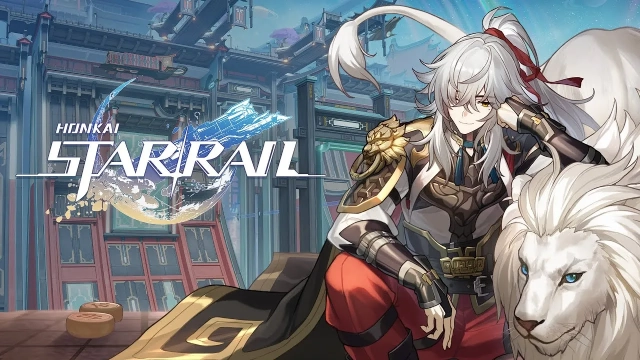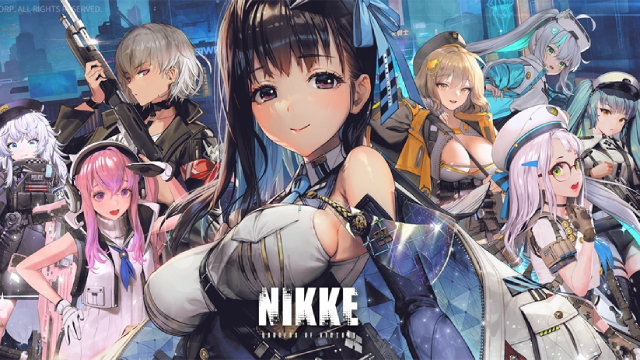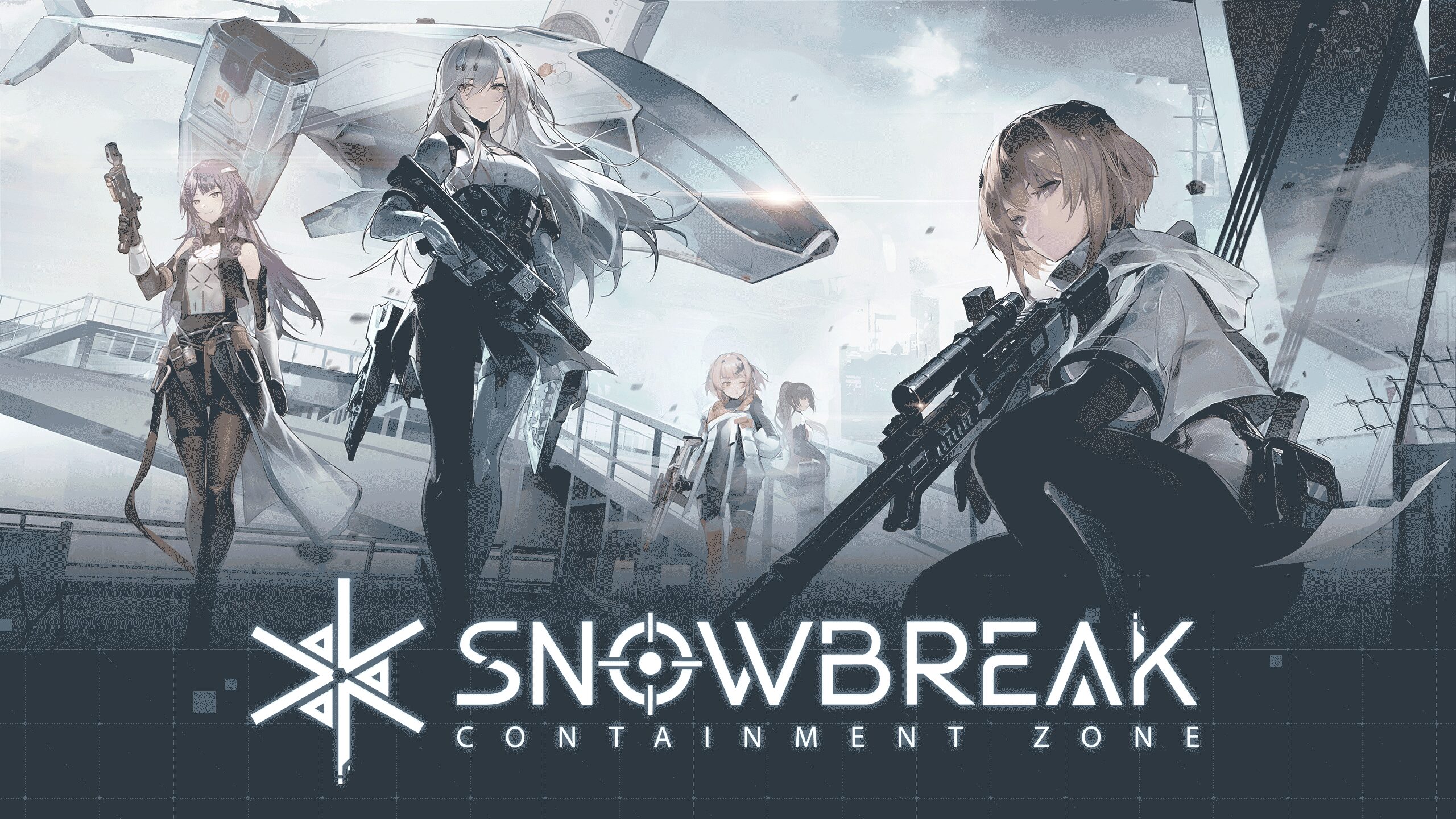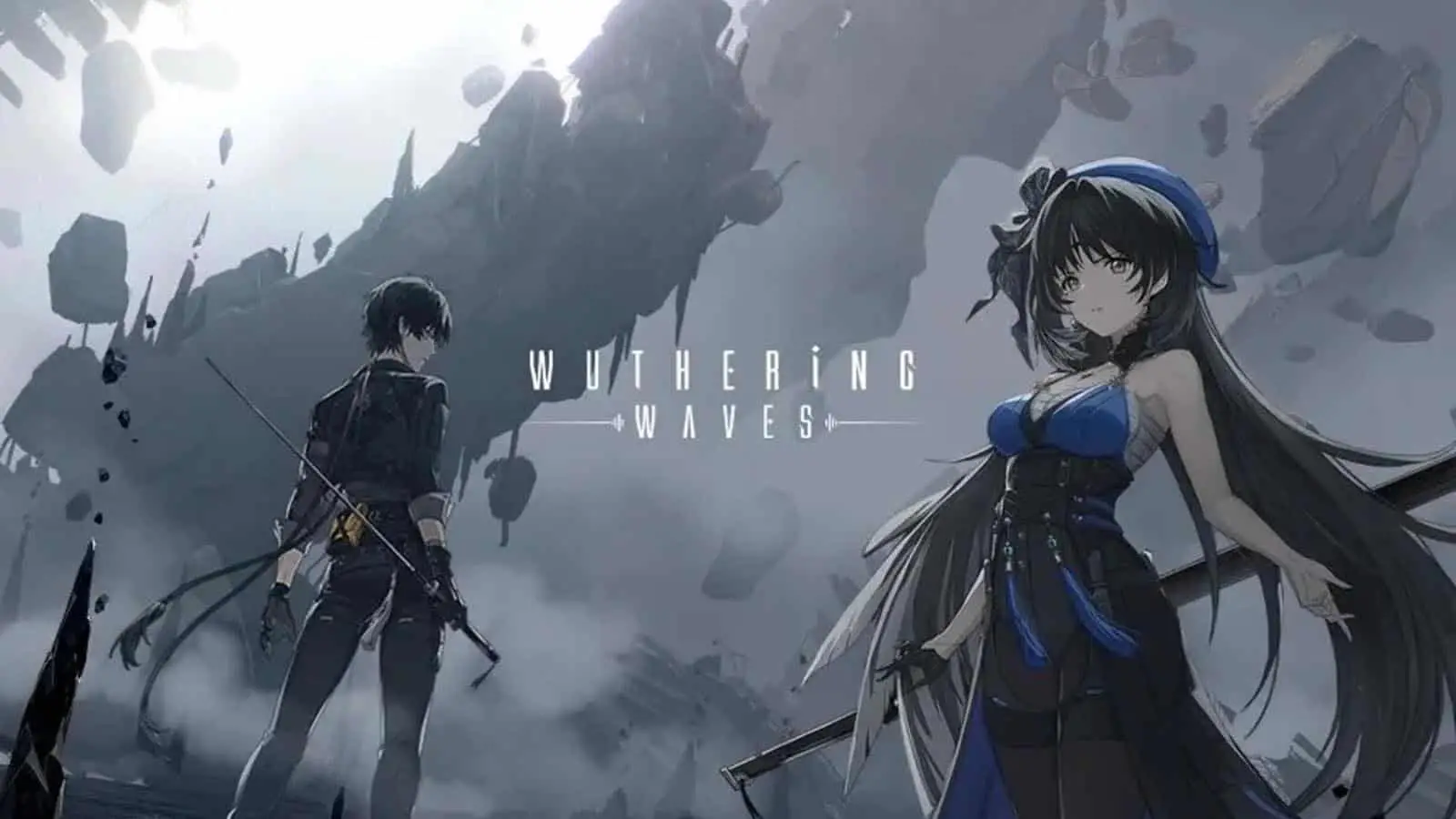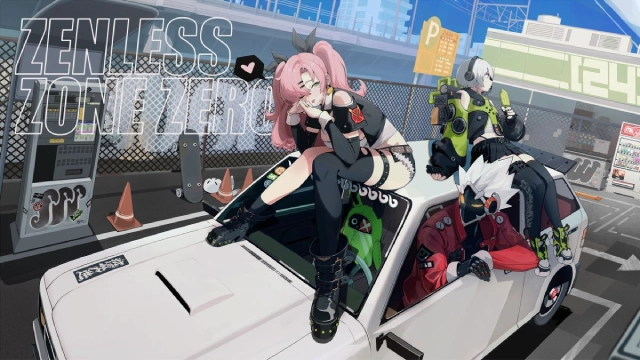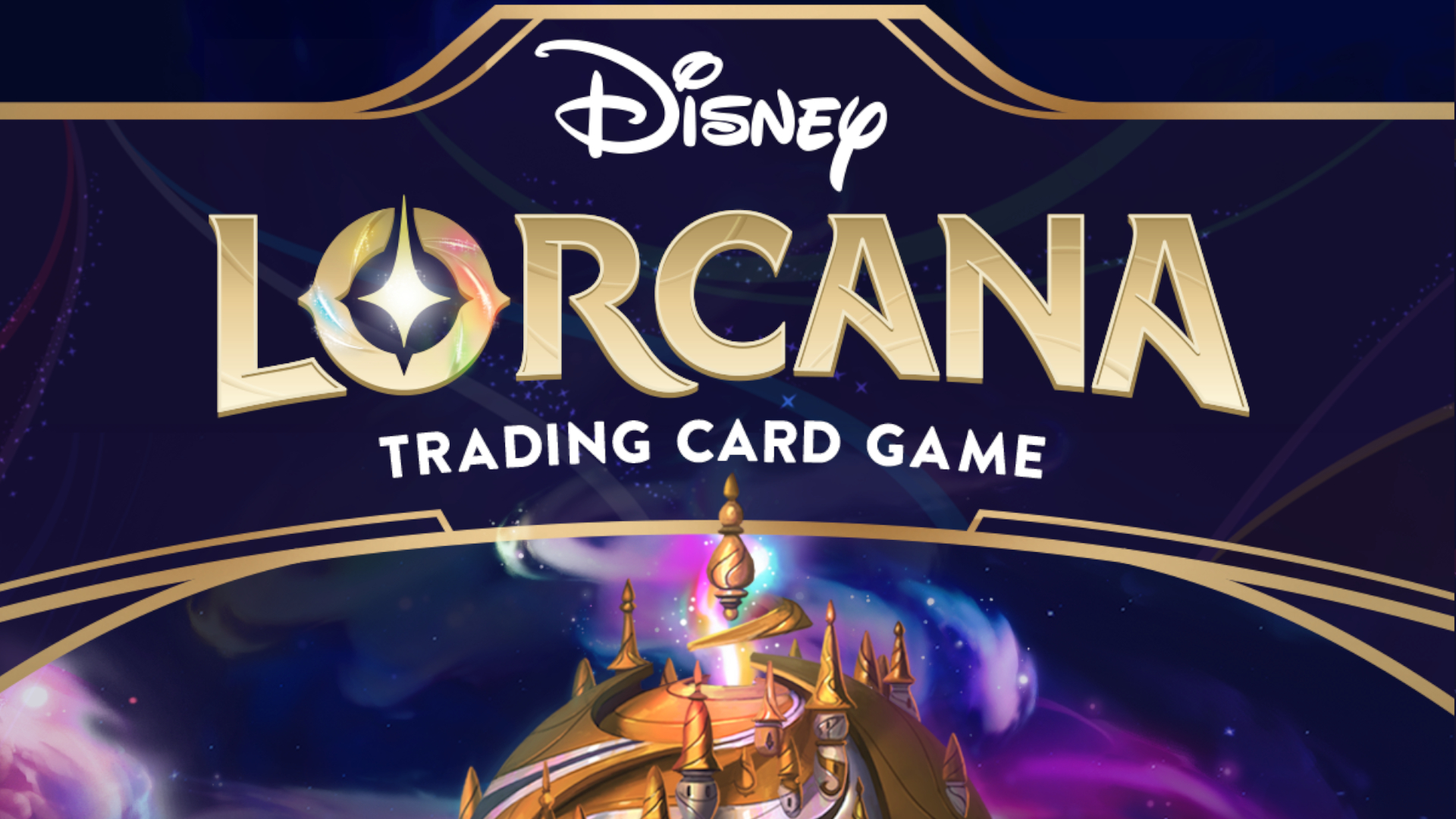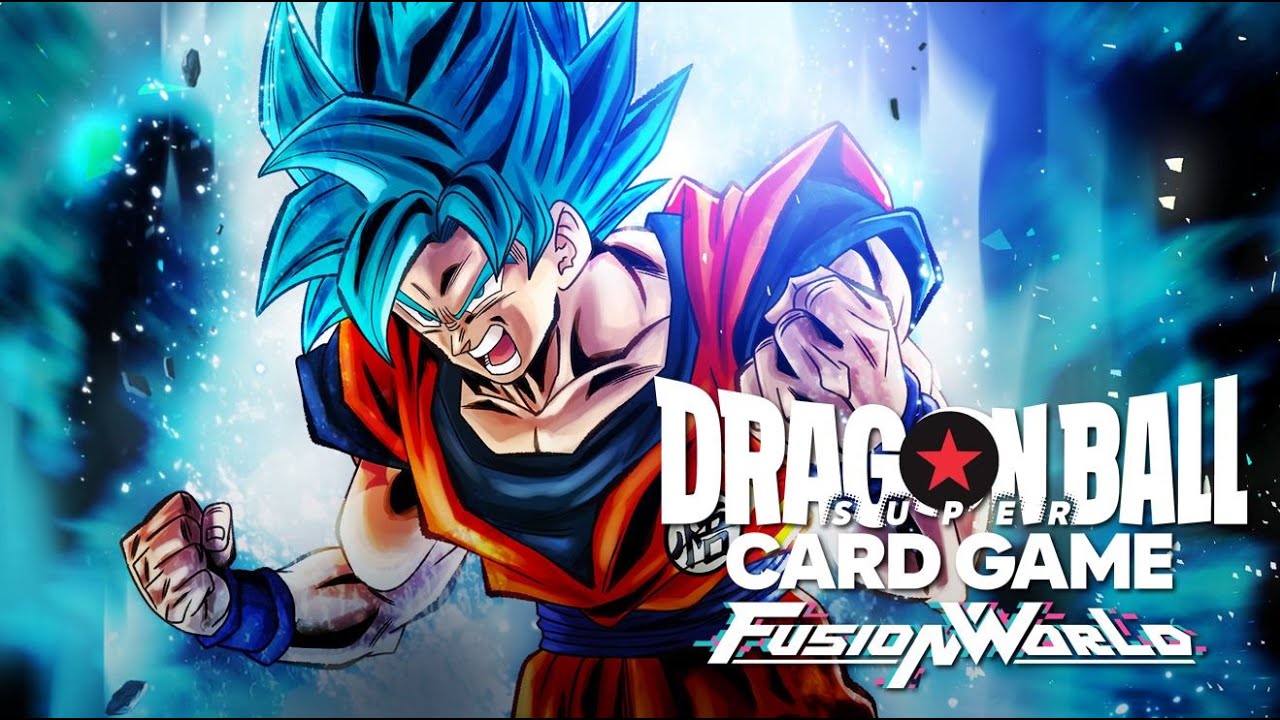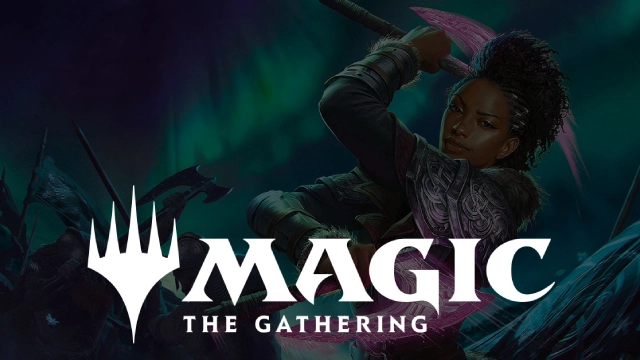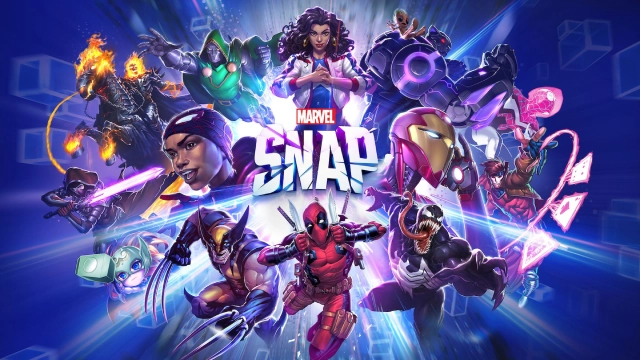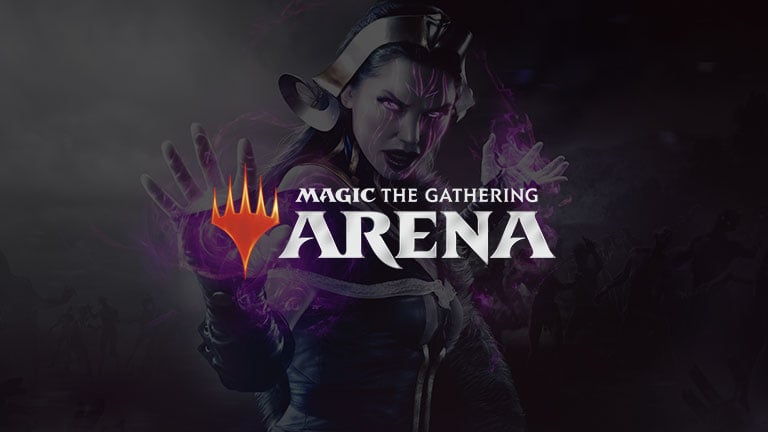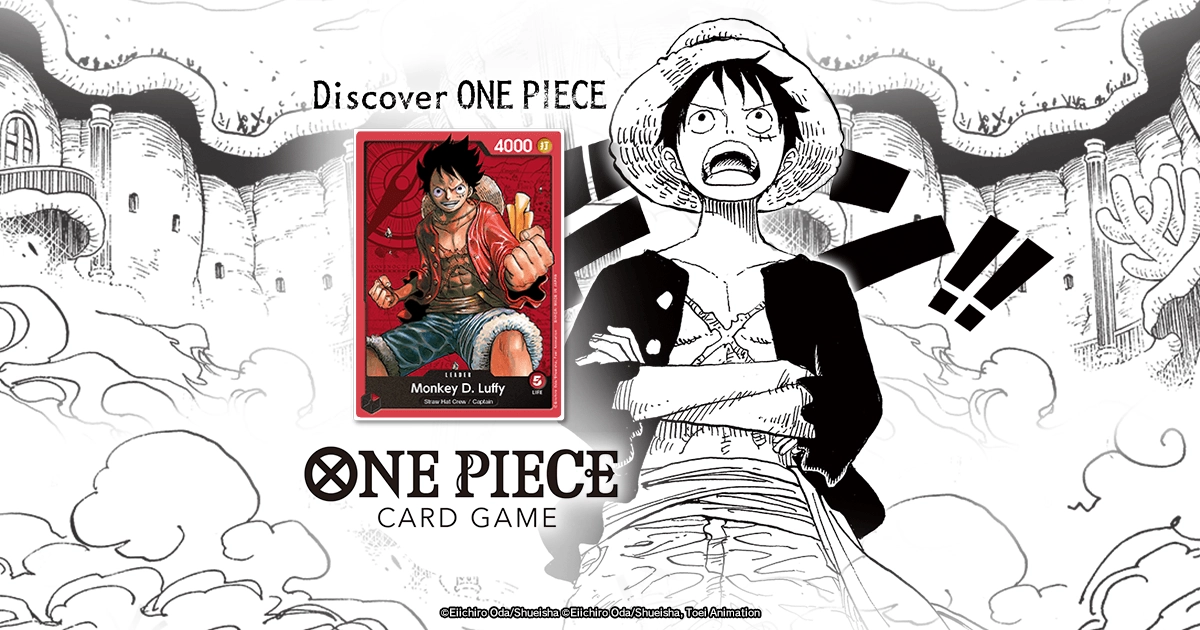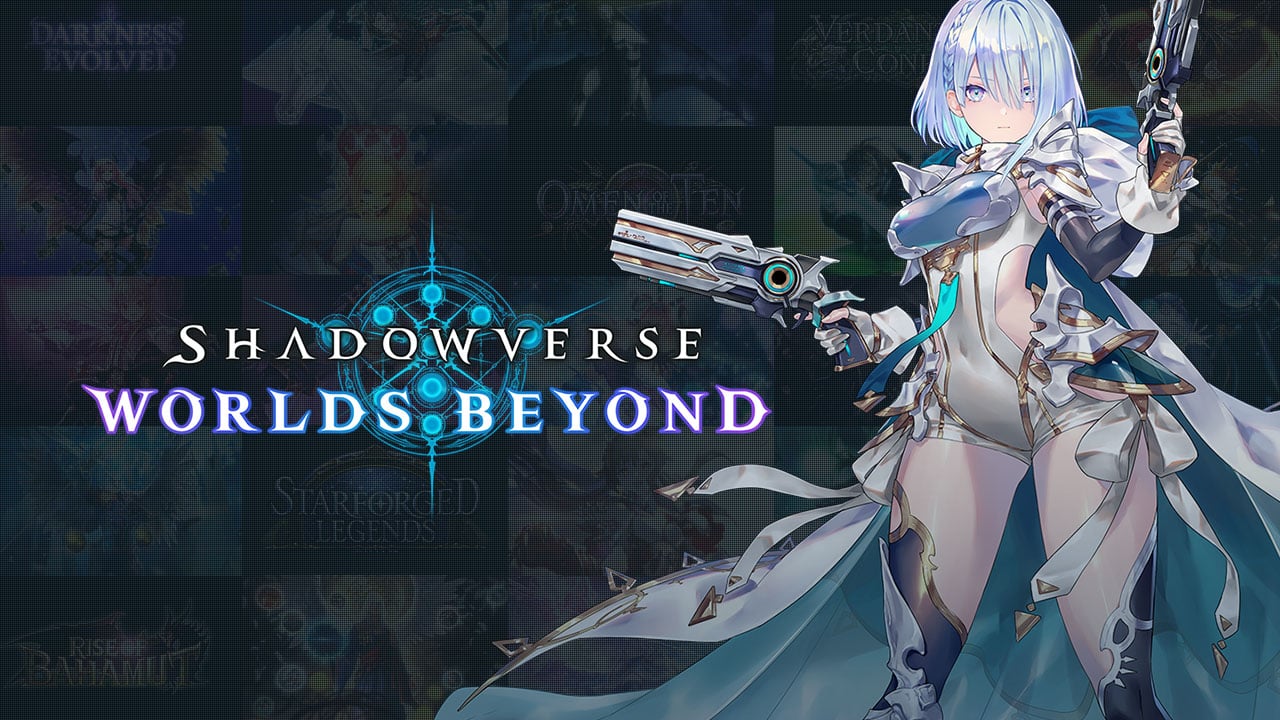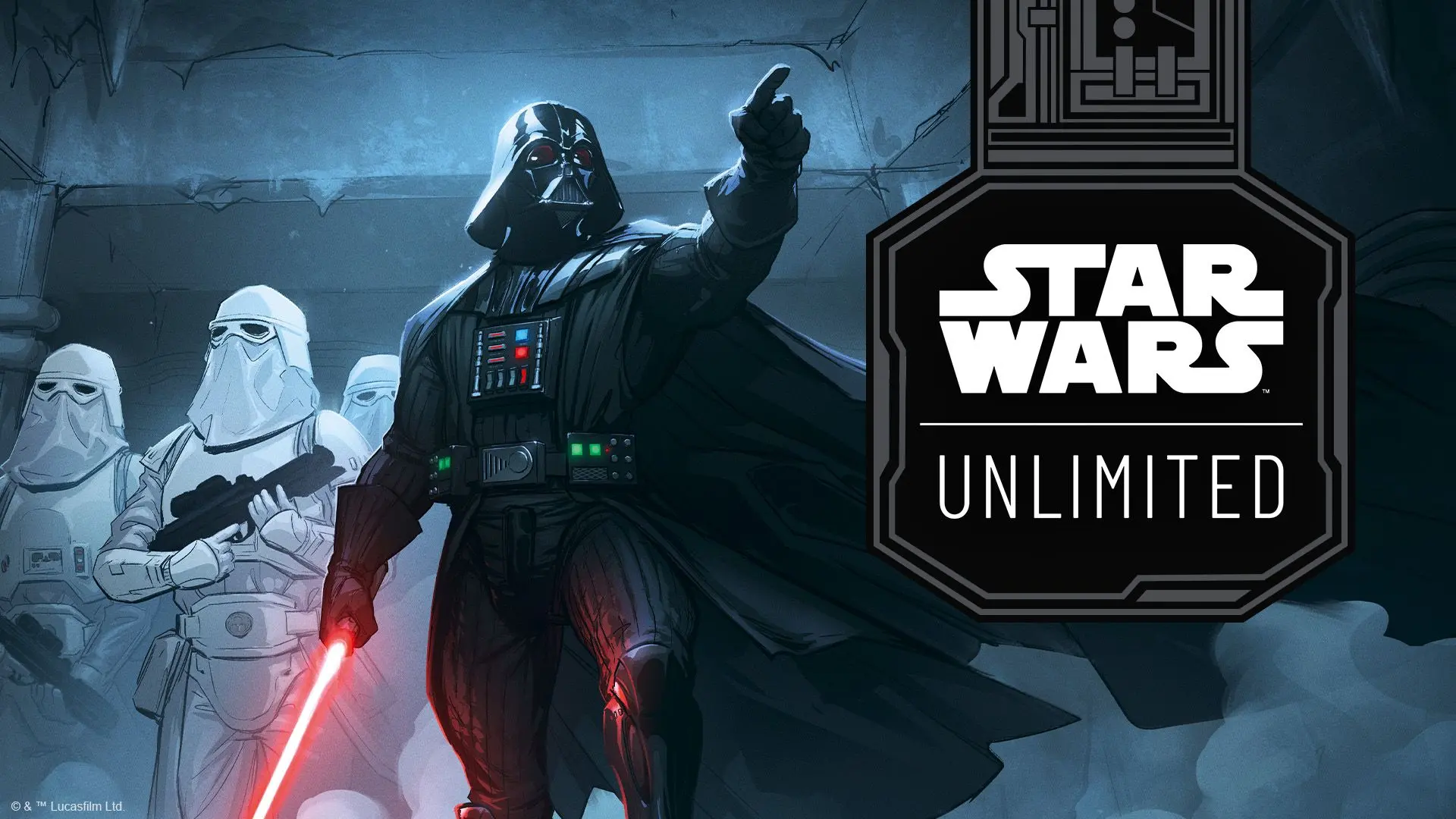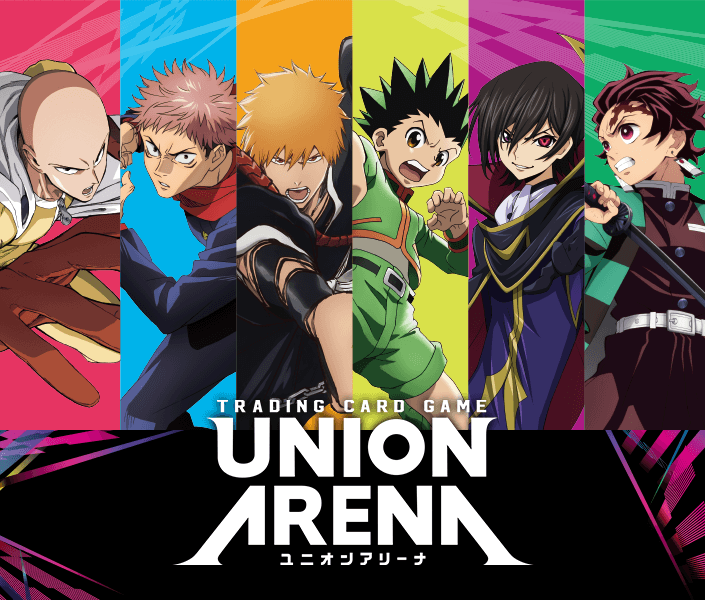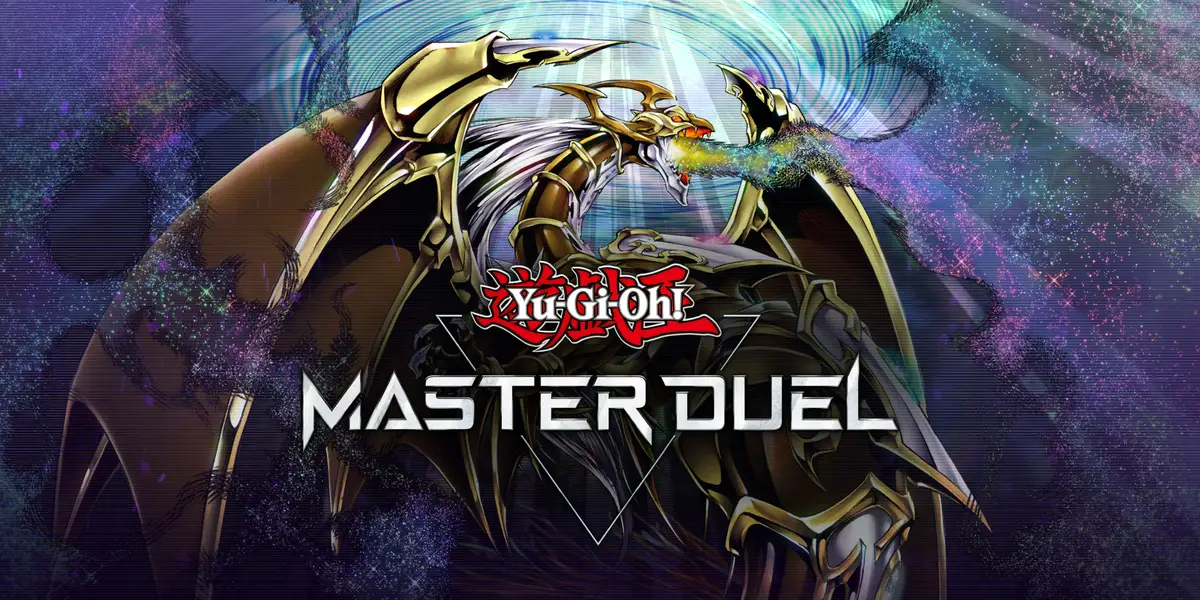Table of Contents
Introduction
Discover the best Magic: The Gathering Arena Historic decks and archetypes that the players are using to climb the ranked ladder and win tournaments. Our MTG Arena Best of One (Bo1) Historic Meta Tier List regularly reviews and ranks the top decks in the format, carefully curated by our expert Altheriax. We also follow up our choices based on a variety of factors and sources, with comprehensive analysis from the data available.
Meta Overview and Changes
There has been less movement in Best of 1 since Wilds of Eldraine because Devotion is generally a lot worse here since the metagame is largely comprised of fast, linear decks that are some of the tougher matchups for Mono Green, so the only other notable upgrade from Wilds of Eldraine has been Selesnya Enchantress which gained Phyrexian Unlife.
This is a nice upgrade over Nine Lives as a lock piece to pair with Solemnity because it doesn’t lose to ‘lose life’ effects that sidestep the protection from Nine Lives which is particularly important against Zulaport Cutthroat from Yawgmoth, and Cauldron Familiar from Samwise combo. Outside of that Yawgmoth, Ninjas, artifact aggro decks, Samwise and Wizards continue to be some of the best choices in Bo1.
Historic Best of One (Bo1) Meta Tier List
| Tier | Deck Name | Guide |
|---|---|---|
| Tier 1 | Golgari Yawgmoth | Guide 🆕 |
| Tier 1 | Dimir Ninjas | Guide |
| Tier 1 | Boros Thopters | Guide |
| Tier 1 | Abzan Samwise Combo | |
| Tier 1 | Izzet Wizards | Guide |
| Tier 1 | Izzet Belcher | Guide |
| Tier 2 | Azorius Affinity | Guide |
| Tier 2 | Dimir Control | |
| Tier 2 | Selesnya Heliod Combo | |
| Tier 2 | Eggs Combo | |
| Tier 2 | Dimir Dredge | |
| Tier 2 | Gruul Goblins | |
| Tier 2 | Bant Hammertime | Guide |
| Tier 3 | Selesnya Enchantress | |
| Tier 3 | Mardu Greasefang Reanimator | |
| Tier 3 | Selesnya Angels | Guide |
| Tier 3 | Jeskai Dragonstorm | Guide |
Tier 1 Decks
Golgari Yawgmoth



Creatures (29)
Instants (4)
Sorceries (2)
Enchantments (2)
Lands (23)
60 Cards
$728.28
This is a sacrifice-based combo deck that is largely built around Yawgmoth, Thran Physician which can draw infinite cards when combined with Prosperous Innkeeper, and either 2 Young Wolf or a Young Wolf and a Hapatra, Vizier of Poisons, and can deal infinite damage if you replace Prosperous Innkeeper with a drain effect like Blood Artist.
Even though the deck has access to an infinite damage combo, you can very consistently win without it due to the sheer amount of card advantage that Yawgmoth, Thran Physician produces either by building a wide board and then casting Yawgmoth, Thran Physician, or with combinations such as Yawgmoth, Thran Physician and Hapatra, Vizier of Poisons which is able to kill all of your opponent’s creatures will drawing a ton of cards.
It can find its key combo pieces incredibly consistently thanks to cards like Chord of Calling and Eldritch Evolution, which also give you access to silver bullets like A-Haywire Mite and Sheoldred, the Apocalypse. Additionally you also have Elven Chorus as somewhat of a backup plan (which synergizes very nicely with your cheap creatures allowing you to pull ahead on card advantage against interactive decks), and you already run a lot of ramp for Yawgmoth, Thran Physician so can very consistently cast Elven Chorus on turn 3.
Weaknesses: Being a creature based high synergy deck means that there’s very little room in the maindeck for interaction so the matchup against very fast linear aggressive decks that demand early interaction such as Izzet Wizards can be tricky, as can non-creature combo decks like Belcher which is largely a race.
When is it good to play? Yawgmoth is one of the most generically powerful decks right now so should be good to play in most metas unless very fast aggro decks like Izzet Wizards are the most popular deck.
Dimir Ninjas
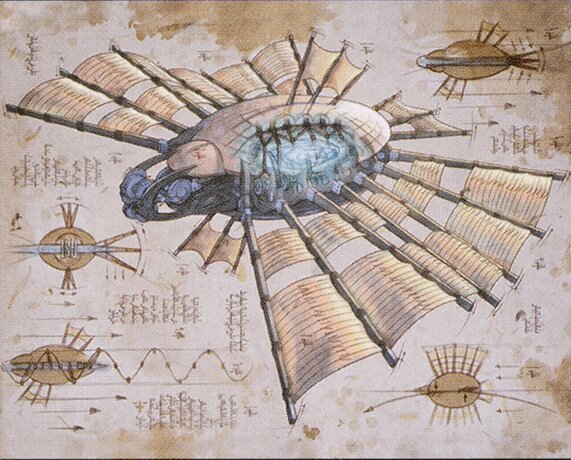

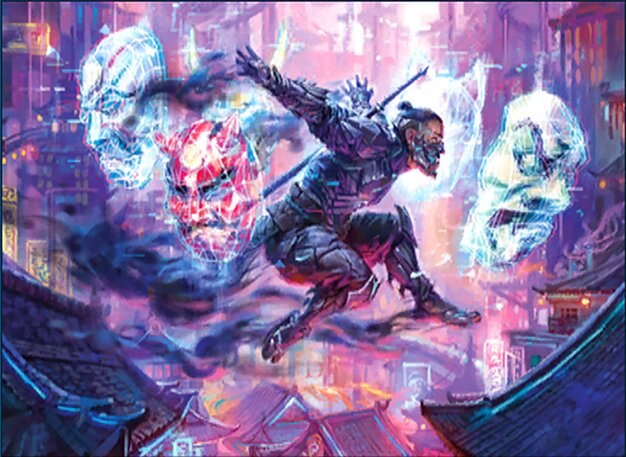
Companion
Creatures (28)
Artifacts (4)
Lands (20)
60 Cards
$423.16
Sideboard
1 Cards
$1.29
This is a tempo deck that is looking to leverage powerful Ninjitsu cards like A-Moon-Circuit Hacker and A-Silver-Fur Master whilst also having access to disruptive cards like Fatal Push and Spell Pierce in order to go underneath the opponent and kill them before they can establish their game plan. Retrofitter Foundry is also great here since it can produce bodies to help you Ninjitsu, and is also able to produce big 4/4s in the first few turns by sacrificing Ornithopter and Changeling Outcast (which counts as a Thopter because of its changeling ability).
This is a deck that is capable of some insanely fast starts and can snowball advantage very quickly, while Retrofitter Foundry also provides a way for you to grind if the game does go longer. The combination of unblockable and flying creatures makes it easy for Ninjas to pull off Ninjitsu abilities whilst also making it easy to force through the final points of damage needed to win. Cheap counterspells and removal with a tempo-based gameplan is solid against a number of top decks right now such as Belcher and Control, and the cheap interaction also lines up well against decks like Izzet Wizards as well.
Weaknesses: Like most tempo decks, this is weak to other very low to the ground creature decks such as Yawgmoth that is capable of casting multiple cheap spells per turn which can outscale your removal and counterspells, and is also vulnerable to decks with a lot of early single-target removal like Rakdos Midrange which can prevent you from setting up early Ninjutsu triggers, although those sorts of decks are generally less common compared to Best of 3.
Having said that, Retrofitter Foundry is generally more difficult for those interactive decks to deal with (and is very strong at grinding into longer games), and you’re still capable of beating go-wide aggressive decks if you have a fast start, especially going first.
When is it good to play? This will be a good choice if there aren’t too many low to the ground creature decks in the format, since it really wants to take advantage of slower decks by repeatedly generating card advantage or applying pressure, and holding up protection for it’s board state.
Boros Thopters

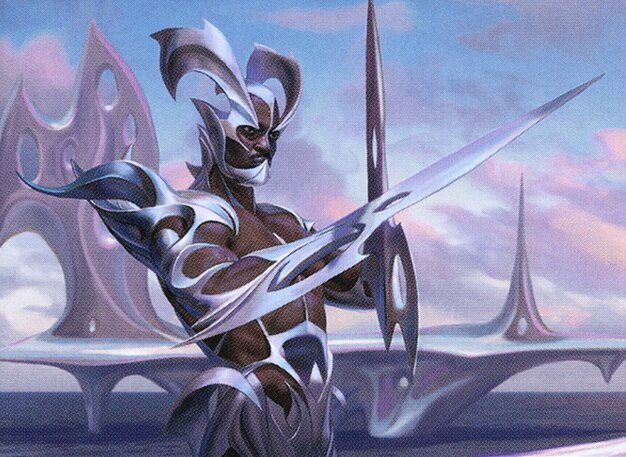

Companion
Creatures (16)
Artifacts (18)
Lands (18)
60 Cards
$438.8
Sideboard
1 Cards
$1.29
This is a very low to the ground artifact-based aggressive deck that is capable of some incredibly fast starts, can apply pressure, and has some good tools to grind into longer games too. Retrofitter Foundry is very much the centerpiece of the deck, allowing you to sacrifice your early Thopters on turn 1 or 2 to start generating 4/4s which are both great on offense, and at stonewalling other creatures.
Michiko's Reign of Truth is another card that provides a lot of raw power and will often allow you to close games out when used on a flying creature or paired with Shadowspear to trample through. Lurrus of the Dream-Den also gives the deck both a good way to grind into longer games and a great mana sink in games where you flood out, and using it to loop Ornithopter every turn with a Retrofitter Foundry in play, or Yotia Declares War as a removal spell each turn, is hard for a lot of decks to beat.
Weaknesses: The deck is reliant on racing for the most part against combo decks which can become problematic on the draw or if the opponent is able to chump block your early attackers – Hushbringer does help against combos like Samwise, Heliod, and Dragonstorm but you won’t always have it, and it doesn’t stop other decks like Yawgmoth or Belcher either.
Additionally the deck is very soft to artifact removal, thankfully mass artifact removal like Divine Purge isn’t seeing that much play right now but single-target removal like Skyclave Apparition and A-Haywire Mite still is.
When is it good to play? This is a generically strong deck so will generally be a good choice as long as creature-based combos or mass artifact removal aren’t everywhere.
Abzan Samwise Combo
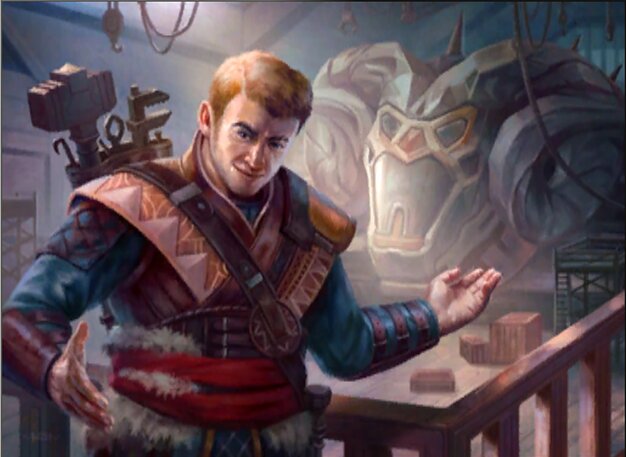


Companion
Planeswalkers (4)
Creatures (30)
Instants (4)
Lands (22)
60 Cards
$559.52
Sideboard
1 Cards
$0.79
This is a sacrifice-based combo deck that is looking to assemble Samwise Gamgee, Woe Strider, and A-Cauldron Familiar which allows you to drain the opponent for infinite damage by repeatedly looping A-Cauldron Familiar from the graveyard and sacrificing it to Woe Strider. You have good quality early ramp in the form of Gilded Goose and Delighted Halfling which can help accelerate to the combo and Collected Company which is very powerful here since it can allow you to assemble the combo at instant speed.
You also have Tyvar, Jubilant Brawler which can find all of your combo pieces apart from Woe Strider (although it can mill it over to escape) off the -2 ability, and pairs incredibly well with Priest of Forgotten Gods allowing you to activate it immediately, and untap it for a second activation. Priest of Forgotten Gods works nicely here as another angle of attack, providing you with some interaction, extra reach and card advantage.
Outside of that you have good value cards in Orcish Bowmasters which acts as additional interaction, punishes the opponent for drawing, and provides two bodies to sacrifice to Priest of Forgotten Gods, and Juggernaut Peddler that provides some added disruption.
Weaknesses: Since you’re a high synergy creature-based deck you don’t have room for interaction outside of Priest of Forgotten Gods which isn’t targeted removal, and Juggernaut Peddler which is only a 2 of meaning you can struggle against fast linear decks that demand early interaction such as Izzet Wizards which can also kill the majority if your creatures with its burn spells.
Additionally you’re often forced to race against other combo decks if you don’t find your Juggernaut Peddler to disrupt them meaning going first or second can make a big difference.
When is it good to play? Samwise combo is a generically powerful deck that has great top end ways to refuel so will generally be a good choice assuming decks like Izzet Wizards aren’t everywhere.
Izzet Wizards

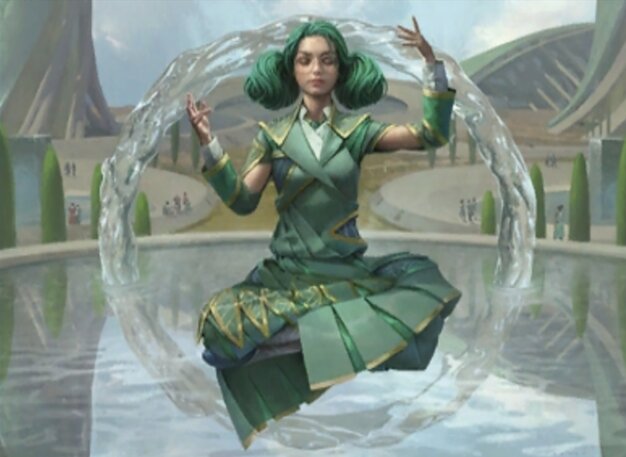

Companion
Creatures (15)
Instants (14)
Lands (21)
60 Cards
$222.1
Sideboard
1 Cards
$0.99
This is one of the fastest aggressive decks in the format that leverages cheap creatures with evasion that grow alongside burn spells and pump spells to deal a lot of damage incredibly quickly. The deck really punishes decks that don’t have early interaction (which is less prevalent in Best of 1), and has good tools to produce card advantage like Expressive Iteration and Flame of Anor, especially since A-Symmetry Sage, Balmor, Battlemage Captain, and Reckless Charge can boost the power of Dreadhorde Arcanist which allows it to recast more expensive spells like Expressive Iteration and Wizard's Lightning.
One of the biggest advantages of Wizards over other aggressive options is that you have a decent amount of interaction through your burn spells (a lot of other aggressive decks in the format are purely linear and don’t have many or any ways to interact), which can be used to take out the opponent’s creatures, or go face to force through additional damage.
Burn spells also give you good reach which enables you to finish off the opponent from a low life total, even if they manage to take out all of your creatures. Reckless Charge, in particular, gives the deck a huge amount of speed since you can force a lot of damage through, even if you started the turn with no creatures in play, which makes it very risky for the opponent to ever tap out against you.
Weaknesses: This deck is vulnerable to cheap early interaction since so much of your early pressure comes from your creatures, so decks with a lot of early cheap interaction like Dimir Control or Rakdos Midrange are often difficult matchups. Additionally, there are also some decks that are capable of racing you (especially when you’re on the draw) that largely dodge your interaction (unless you’re running Spell Pierce) like Izzet Belcher and Eggs Combo.
When is it good to play? Izzet Wizards is usually a good choice if there isn’t much single-target removal in the format, and the other linear decks are either slower than you, or made up of smaller creatures like Samwise combo that you can slow down with your burn spells.
Izzet Belcher


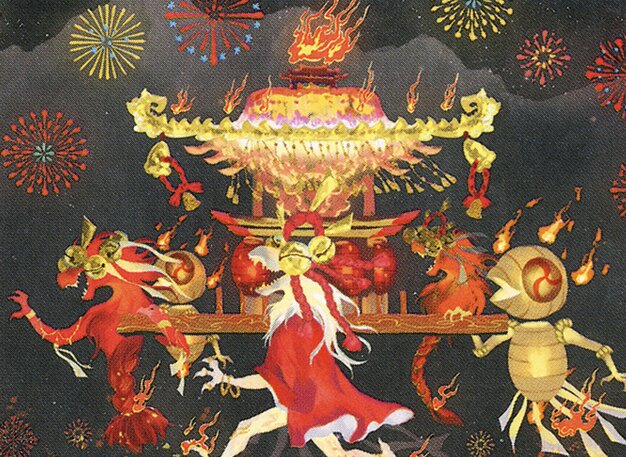
Companion
Instants (24)
Sorceries (32)
Artifacts (4)
60 Cards
$287.72
Sideboard
1 Cards
$0.69
This is a combo deck that is looking to find and activate Goblin Charbelcher which will almost always kill the opponent on the spot (unless the opponent has an insanely high life total) since the deck runs no actual lands.
In order to make mana, this deck uses the modal double faced lands from Zendikar (which don’t count as lands in the deck so they still work with Goblin Charbelcher), and mana accelerants like Strike It Rich, Prismari Command, and Irencrag Feat (which provides exactly enough mana to cast Goblin Charbelcher and activate it the same turn).
Since you’re good at generating treasures, you can run 4 Indomitable Creativity as another way to find the Goblin Charbelcher, you have Reckless Handling which can tutor for it, and you can run counterspells like Pact of Negation and An Offer You Can't Refuse to protect your combo. It also gets to completely blank creature removal which is a big advantage in Best of 1.
Weaknesses: Having to run the modal double faced lands means all of your lands will either enter tapped, or deal you 3 damage to enter untapped which can lead to slow or painful starts, both of which can often get punished by fast aggressive decks especially on the draw. Additionally the deck is pretty vulnerable to both discard spells and counterspells, and cards like Pithing Needle and Karn, the Great Creator that prevent you from activating the Goblin Charbelcher.
When is it good to play? Charbelcher is a good option if the format is focused around interacting with the board, since this deck operates on a completely different axis and doesn’t really care about the board at all.
Tier 2 Decks
Azorius Affinity



Companion
Creatures (22)
Lands (18)
60 Cards
$387.08
Sideboard
1 Cards
$1.29
This is an artifact synergy deck that is capable of closing games out very quickly and can grind well into longer games which is a very potent combanation. You can force through a lot of damage early off the back of cards like Ensoul Artifact, Michiko’s Reign of Truth, and Retrofitter Foundry if you have it alongside an early Ornithopter or Hope of Ghirapur to make a 4/4 on turn 1 or 2.
Additionally, you have decent interaction in the form of Portable Hole, Hushbringer is a great hatepiece against a number of decks like Samwise combo, Heliod combo, Angels, Dragonstorm etc., plus Esper Sentinel provides early disruption against interactive decks too.
You also have a lot of tools to grind into longer games too like Lurrus of the Dream-Den, Retrofitter Foundry, and Innovative Metatect (which is capable of snowballing the game very quickly if you can connect to seek on turn 2). The deck has a lot of A+B synergies (eg. Retrofitter Foundry + Ornithopter, Ensoul Artifact + Darksteel Citadel, Innovative Metatect + flying Artifact creature) and Innovative Metatect is great at assembling these synergies which can really speed up your clock in the early game.
Weaknesses: The biggest weakness of Affinity is that it’s incredibly vulnerable to mass artifact removal like Divine Purge, and Brotherhood's End. These aren’t that popular right now thankfully but there is cheap single-target artifact removal seeing play like A-Haywire Mite in Yawgmoth which can still be problematic.
Additionally with the big rise of creature-based combo decks in the format recently, Affinity might struggle to race through the chump blockers that these decks can produce, and this deck doesn’t have great ways to stop them outside of Hushbringer and Portable Hole which aren’t always relevant.
When is it good to play? Affinity is generally a good choice to play when there’s not much mass artifact removal, and not as much creature-based combo decks that are good at producing early chump blockers.
Dimir Control
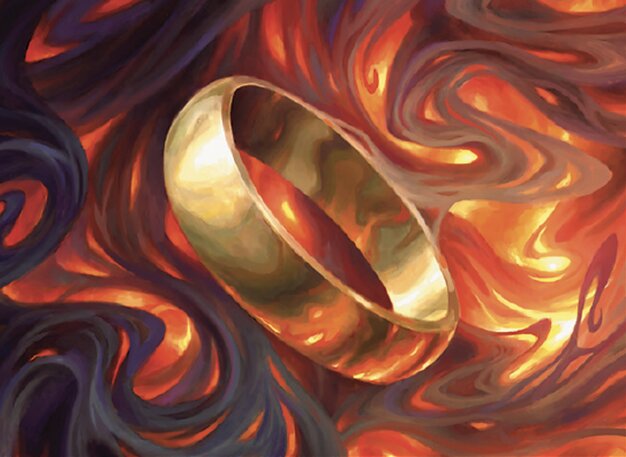

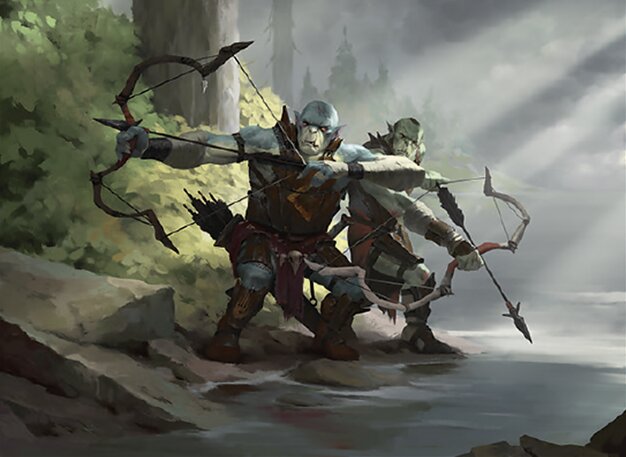
Creatures (10)
Instants (21)
Sorceries (1)
Artifacts (4)
Lands (24)
60 Cards
$968.52
This is a control deck that is looking to leverage cheap black interaction like Fatal Push, and blue counterspells like Archmage's Charm and Make Disappear to interact with the opponent in the early game, slow the game down, and then win the long game. You have a lot of great card advantage to help win the long game in the form of cards like Sauron's Ransom and The One Ring, which also pairs incredibly well with Sheoldred, the Apocalypse since it offsets the life loss drawback from The One Ring, and is great at stabilizing against the aggressive decks, particularly ones with good reach like Izzet Wizards.
Outside of that you also have Orcish Bowmasters which is another great tool at helping stabilize against aggro whilst also punishing decks that draw a lot like Eggs Combo, and is a good tool to close out games without forcing you to tap out, and Snapcaster Mage which allows you to reuse your interaction or card advantage spells. With the amount of card advantage and filtering the deck has you can also dig towards your 1 ofs more consistently like Languish which is important against the go-wide creature decks like Yawgmoth or Elves, and Go for the Throat which is important as a way to kill bigger creatures against decks like Reanimator.
Weaknesses: In a similar vein to midrange decks, control is an archetype that relies on its interaction lining up well in the early game in Best of 1 which won’t always happen. Sometimes you’ll draw your creature removal against a deck like Belcher or Eggs, and sometimes you’ll draw your counterspells against Delighted Halfling or a fast aggressive deck where it’s sometimes too slow going second.
Additionally Dimir colors doesn’t have any way of removing artifacts or enchantments once they resolve which means you can struggle if a deck like Gruul Goblins manages to resolve a Cabaretti Revels, or a deck like Hammer gets its equipment in play.
When is it good to play? Dimir Control is typically a good choice with good tools for most matchups in the format, you just have to hope that your early interaction happens to line up well.
Selesnya Heliod Combo



Planeswalkers (1)
Creatures (27)
Instants (4)
Enchantments (4)
Lands (24)
60 Cards
$324.22
This is a combo deck built around assembling Heliod, Sun-Crowned, Scurry Oak, and a life gain enabler like Soul Warden, which essentially produces infinite life, infinite +1/+1 counters on Scurry Oak, and infinite 1/1 squirrel tokens. The deck also runs a ‘fair’ life gain plan B which utilises the life gain enablers like Heliod, Sun-Crowned, alongside Voice of the Blessed and Trelasarra, Moon Dancer, to produce huge creatures that provide additional value and sometimes win the game on their own without even needing to combo.
The fact this deck is built around so many life gain synergies means it’s naturally favored against aggressive creature decks, especially since Soul Warden also triggers on your opponent’s creatures entering the battlefield, which can produce huge amounts of value if you have it alongside Trelasarra, Moon Dancer, Voice of the Blessed, or Heliod, Sun-Crowned. Collected Company is incredibly powerful in this deck since it can hit all three of your combo pieces, so it threatens to win at instant-speed, even if you only have one combo piece in play.
Skyclave Apparition is also important as an out to cards like Rampaging Ferocidon that shut off your life gain, or Solemnity to give you an out to the Enchantress lock. The single copy of Ajani, Strength of the Pride is important to give you an out cards like Serra's Emissary (since if you combo off with a Trelasarra, Moon Dancer in play, you get to scry through your whole deck, allowing you to put Ajani, Strength of the Pride on top to sweep away the opponent’s board the following turn,) as well as being a generically good card in the deck.
Weaknesses: The biggest weakness of this deck is that it’s very vulnerable to interactive decks packing ways to take out your creatures and combo pieces as you play them like Dimir Control. Outside of Collected Company, this deck doesn’t really have good ways to grind into the mid-late game, so if the opponent is able to take out your early threats, you’re basically just left at the mercy of the top of your deck.
Another weakness is that the combo doesn’t win you the game immediately, and so even if you do make 100s of Squirrel tokens during your turn, the opponent can just untap and use a board sweeper to completely stabilize if they’re playing control.
When is it good to play? This is a good choice assuming interactive decks aren’t very popular. Typically in Best of 1, decks are a lot more linear and less interactive which means the Heliod combo is usually a good choice, but if interactive decks like Rakdos Midrange or Dimir Control become more popular then this deck will struggle.
Additionally, even though you do have an out to ‘lock’ decks through Ajani, Strength of the Pride being able to deal with Serra's Emissary, and Skyclave Apparition being able to deal with Solemnity, those decks are often fast to turn the corner and good at protecting their locks so those matchups are also usually quite bad for you.
Eggs Combo



Companion
Creatures (2)
Artifacts (40)
Lands (18)
60 Cards
$108.56
Sideboard
1 Cards
$0.49
This is a colorless combo deck that is looking to get one or multiples of your cost reducers in play such as Cloud Key or Semblance Anvil which then reduces the cost of all the cheap artifacts in your deck which draw a card. The goal then is to cast them essentially for free, which allows you to draw more cards and keep digging towards Mystic Forge which then allows you to play artifacts off the top of your library, and then find Aetherflux Reservoir to win you the game.
Sculpting Steel is very useful as a way to either copy one of your cost reducers if you want to set up multiple, or copy one of your other artifacts that draw a card such as Elsewhere Flask when you’re storming off. On top of that you have Scrap Trawler which can repeatedly bring back your Chromatic Star and Chromatic Sphere from the graveyard when you sacrifice your 2 mana artifacts like Sleeper Dart, and you have access to Umori, the Collector as another way to potentially reduce the cost or your artifacts.
Having no creatures in the maindeck means that you completely blank a lot of traditional creature interaction that some decks like Rakdos Midrange and Dimir Control will be running.
Weaknesses: The deck packs no interaction whatsoever meaning you’re forced to race in every matchup which can be tricky against some of the faster decks in the format like Wizards and Hammertime, especially if you lose the die roll. Additionally the deck’s gameplan involves a lot of drawing which makes it vulnerable to cards like Orcish Bowmasters and Sheoldred, the Apocalypse, although you can outscale their damage if you can get Aetherflux Reservoir into play early.
When is it good to play? Eggs is generally a good choice against slightly slower, more interactive decks since it blanks a lot of traditional interaction.
Dimir Dredge
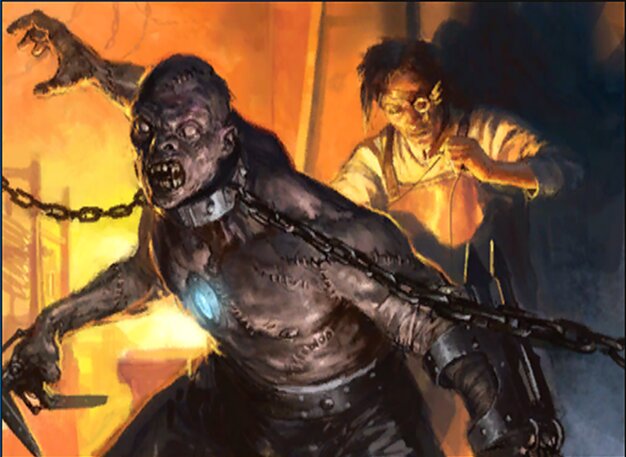
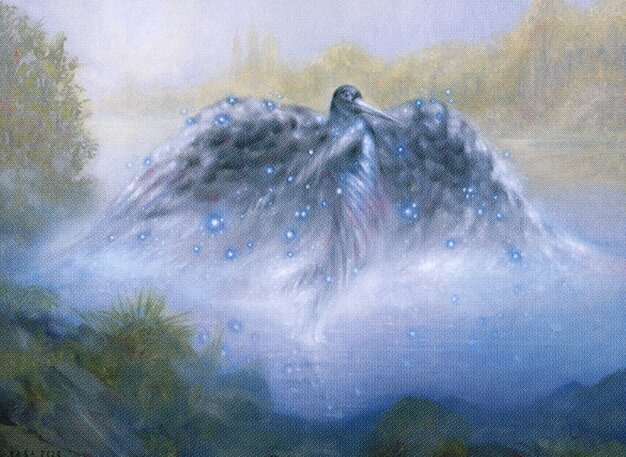

Creatures (27)
Instants (4)
Enchantments (4)
Lands (20)
64 Cards
$339.84
This is an aggressive deck that is very all in on the graveyard and is capable of swarming the battlefield very quickly, especially off a turn 2 Glimpse the Unthinkable. Narcomoeba, Bloodghast, Prized Amalgam, and Silversmote Ghoul are all cards that can return themselves from the graveyard to the battlefield for free when their requirements are met, and similarly Creeping Chill and Wonder provide you benefits for free when they’re milled over meaning that you can get a ton of power in play and value for free simply by milling yourself.
Glimpse the Unthinkable is by far the best card in the deck since it has the best mill to mana value ratio which is largely why the deck is also running Founding the Third Path as a way to recast it whilst also getting additional mill value on chapter 2. Outside of that you have Stitcher's Supplier, Otherworldly Gaze and Merfolk Secretkeeper that fill out the 1 drop slot nicely and help get you off to a fast start which is important since this deck is all about racing from the board early on.
There are a couple of extra cards that provide you with value when they’re milled over:
Weaknesses: Being an all-in graveyard deck makes you very vulnerable to graveyard hate – thankfully it’s not very common in best of 1 but if you do happen to face a deck like Enchantress that can tutor for Rest in Peace, or Devotion that can tutor for Tormod's Crypt, you’ll likely struggle to mount a decent offence in time.
Additionally since you’re so reliant on winning via damage you can struggle against other decks that are capable of committing to the board in the early game, or combo decks especially if you don’t have the fastest start or get unlucky with your early mills.
When is it good to play? Dredge is a generically strong deck that should be a decent choice assuming graveyard hate or other faster combo decks aren’t very popular.
Gruul Goblins



Creatures (31)
Lands (24)
60 Cards
$166.51
This is a creature-based combo deck that is built to take full advantage of Cabaretti Revels, often being able to set up lethal if it ever gets to untap with it. The main cards that really enable the combo turns with Cabaretti Revels are Skirk Prospector and Rundvelt Hordemaster alongside the cost reducers in Goblin Anarchomancer and Goblin Warchief.
As you reduce the cost of your goblins sacrificing them to Skirk Prospector becomes mana positive, and sacrificing your goblins with Rundvelt Hordemaster in play provides you card advantage to continue churning through your deck and swarming the board with Cabaretti Revels continuously putting more creatures into play.
Cards like Goblin Matron can find you any piece your missing or can just be used to search for more copies of Goblin Matron to keep getting additional creatures in play off Cabaretti Revels, and then once you’ve built up a huge board you can close the game out by giving everything haste with Goblin Warchief, or dealing direct damage with Pashalik Mons. Since Cabaretti Revels seeks cheaper creatures it’s also very consistent at finding its key card in Skirk Prospector since it accounts for four out of the six 1 drops in the deck.
Weaknesses: Since this is a very high synergy deck there’s no room for interaction in the deck outside of Pashalik Mons, which means you can struggle against fast linear decks that demand interaction like Izzet Wizards, and also means you’re usually forced to race against other combo decks which can be an issue with slower hands or if you lose the die roll.
When is it good to play? Gruul Goblins has an advantage over the other creature-based combo decks right now in that it can more easily play through creature removal due to the power of Cabaretti Revels, meaning it should be a good choice as long as linear decks that demand interaction like Izzet Wizards aren’t that popular.
Bant Hammertime



Companion
Creatures (21)
Artifacts (14)
Enchantments (4)
Lands (21)
60 Cards
$537.6
Sideboard
1 Cards
$1.29
This is an incredibly fast aggro combo deck that is capable of killing on turn 2 or 3 fairly consistently off the back of Colossus Hammer and Belt of Giant Strength. The general gameplan of the deck is to get an early creature equipped with one of these powerful equipment using equip cost reducers like Sigarda's Aid, Kemba's Outfitter, and Kemba, Kha Enduring and force through a huge amount of damage in the first few turns.
Invisible Stalker is particularly hard for more interactive decks to deal with and can force lethal through even if the opponent has blockers in play, and you have Ornithopter as another creature that is great to equip early, and pairs nicely with Retrofitter Foundry to make 4/4s as an alternate way to apply pressure. You also have a number of ways to grind into longer games such as The Reality Chip (which pairs really nicely with the equip cost reducers), Lurrus of the Dream-Den, and Retrofitter Foundry.
Weaknesses: Since the majority of the power in the deck lies in the equipment, artifact removal is very strong against you, particularly mass artifact removal like
Additionally creature removal can slow you down to buy the opponent time to get a foothold in the game (but you do have more counterplay to this like Invisible Stalker), and chump blockers can also be an issue if you don’t find Shadowspear or Giver of Runes which can often buy the creature-based combo decks like Yawgmoth enough time to stabilize and combo off.
Finally discard spells can be an issue too since you do play quite like a combo deck so the opponent removing either your equipment or the equip enabler can leave you stranded without anything powerful to do.
When is it good to play? This is generally a good deck to play when discard spells and artifact removal aren’t that popular.
Tier 3 Decks
Selesnya Enchantress
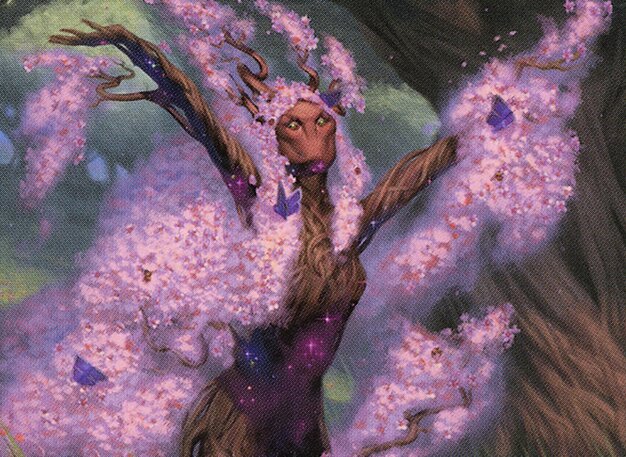
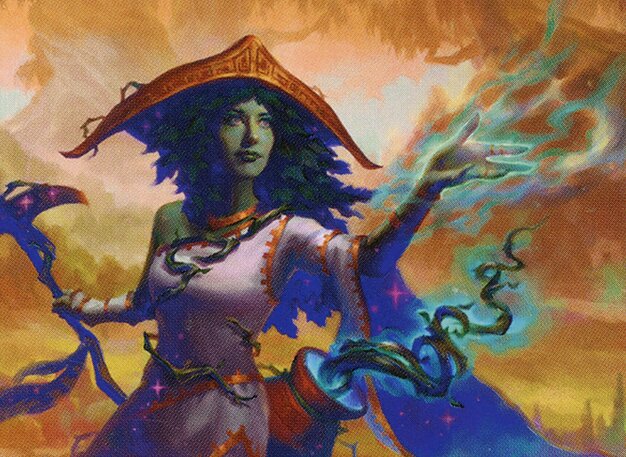
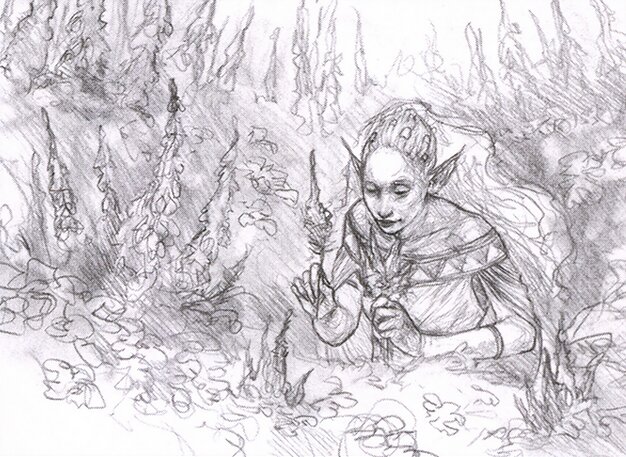
Companion
Sorceries (10)
Enchantments (22)
Lands (20)
60 Cards
$227.2
Sideboard
1 Cards
$0.99
This is a ‘lock’ deck that is trying to assemble Phyrexian Unlife and Solemnity which prevents you from taking any additional damage, and then once the game is locked out, you can then win with Approach of the Second Sun (which enables you to win through opposing locks like Serra's Emissary or opposing Enchantress decks).
The deck has access to a lot of card advantage through Sythis, Harvest's Hand and Enchantress's Presence, Sterling Grove is great at protecting your lock (two Sterling Grove in play completely shuts off the opponents single target removal as an out to the lock) and digging for specific enchantments (like Rest in Peace against graveyard decks or Phyrexian Unlife or Solemnity if you have the other piece), and Sanctum Weaver can produce an insane amount of mana which leads to incredibly explosive turns.
Sanctum Weaver also combos with Gauntlets of Light to produce infinite mana once you have a high density of enchantments in play which can then often enable you to draw your whole deck if you also have multiple enchantress effects like Sythis, Harvest's Hand and Enchantress's Presence in play, and win off Approach of the Second Sun all in the same turn (Sterling Grove enables you to tutor for Gauntlets of Light to set this up).
Weaknesses: The earliest you can pull off the lock is turn four which can sometimes be too slow against very fast aggressive decks or combo decks, especially when you’re going second. Having said that, you do have Candletrap as very efficient interaction that can slow the opponent down, and just getting Phyrexian Unlife in play on turn three, even without Solemnity will often slow the opponent down enough for you stabilize.
When is it good to play? Enchantress is a great pick assuming that control isn’t very popular since counterspells are generally good against you. It can also struggle against some combo decks but the recent swap from Nine Lives to Phyrexian Unlife means the lock is no longer vulnerable to drain effects like Zulaport Cutthroat from Yawgmoth, and A-Cauldron Familiar from Samwise which is a big upgrade.
Outside of that though, you have good tools to lock a lot of decks out of the game, searchable graveyard hate, and can win through other locks so you have good tools against a lot of the other decks in the format.
Mardu Greasefang Reanimator

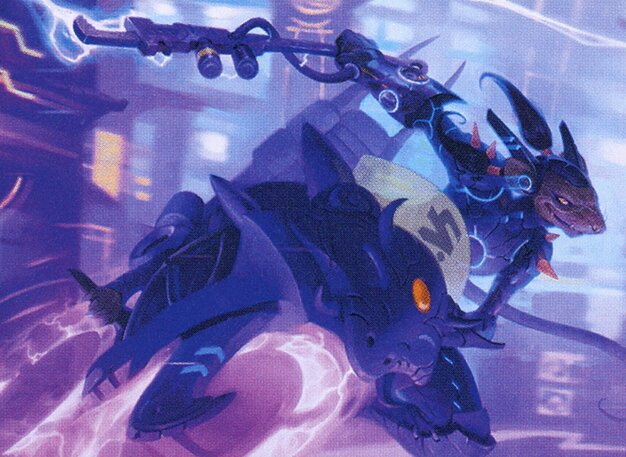

Creatures (25)
Instants (3)
Artifacts (4)
Lands (20)
60 Cards
$307.8
This is an all-in combo deck that is trying to take advantage of the lack of graveyard hate in the format – some decks will be running graveyard hate, but usually in low numbers since not many decks can afford to run it in high numbers without negatively affecting their linear game plan, and a lot of decks just don’t have any at all. This deck is trying to assemble either Greasefang, Okiba Boss + Parhelion II, or reanimate a Serra's Emissary or Platinum Angel as fast as possible (ideally on turn three).
You have a lot of looting effects to pitch Parhelion II and your reanimation targets into the graveyard, and Goblin Engineer can dump both Parhelion II, and Platinum Angel from your deck into the graveyard to combo with. Overall, Serra's Emissary is the more desirable creature to reanimate since it locks the game out much more effectively, but Platinum Angel often does the job against decks that have very little, or no removal like Mono Green Elves. Pulling off Greasefang, Okiba Boss + Parhelion II on turn 3/4 is usually good enough to win the game on its own too against a lot of decks.
Weaknesses: By far the biggest weakness off this deck is graveyard hate – you do have a chance against single-use graveyard hate like Soul-Guide Lantern, but permanent pieces like Rest in Peace or Unlicensed Hearse basically lock you out of your combos. You do still have a number of creatures you can beat down with as a backup plan (and can always hardcast Serra's Emissary if the game goes long,) but most of the time you have to just hope they don’t have it.
Additionally, Serra's Emissary and Platinum Angel are sometimes not good enough to lock out the game against certain decks like control, so you should be looking to try and set up the Greasefang, Okiba Boss side of the deck in those matchups.
When is it good to play? How viable this deck is will largely depend on how much graveyard hate you expect to see. Since most decks can’t afford to run a lot of hate pieces, and a lot of decks don’t run any at all, I think this will usually be a fairly safe pick, and is one of the faster graveyard combo decks in the format.
Selesnya Angels



Planeswalkers (1)
Creatures (26)
Instants (4)
Sorceries (1)
Artifacts (4)
Lands (24)
60 Cards
$688.9
This is a tribal deck utilizing lifegain synergies, and flying creatures with high toughness that give it a naturally good matchup against aggressive creature-based decks. This deck is capable of gaining a crazy amount of life each turn and has big flyers that are hard to attack past, and can turn the corner very quick especially if you’re able to trigger Righteous Valkyrie or Resplendent Angel in the early game.
Additionally you have Collected Company which is really powerful top end in the deck capable of gaining a huge amount of life and board presence with a good hit, and you can ramp into it and your other key 3 drops with the help of Delighted Halfling. The other 1 drop in the deck is Soul Warden which provides more incidental lifegain and enables you to trigger Resplendent Angel on turn 3 in combination with Bishop of Wings, and you have Skyclave Apparition and Ajani, Strength of the Pride as interaction.
One of the traditional weaknesses of Angels is that it’s very weak to interactive decks especially control since it struggles against counterspells and board sweepers, and The One Ring helps mitigate this by giving you a way to grind into longer games which can be made uncounterable with Delighted Halfling, and the life loss downside is easily mitigated by the inherent lifegain in the deck.
Weaknesses: As mentioned the deck does have quite disparate matchups where you’re great against decks that are trying to attack you to win but you tend to struggle a lot more against interactive decks especially control. The One Ring does help that somewhat but it doesn’t really address the deck’s other weakness to combo – you don’t close games out particularly quickly and have limited interaction so matchups against combo decks like Yawgmoth, Samwise, or Belcher are difficult matchups as well.
When is it good to play? Angels is generally a good choice when the format is predominantly made up of creature decks that are trying to win via combat.
Jeskai Dragonstorm
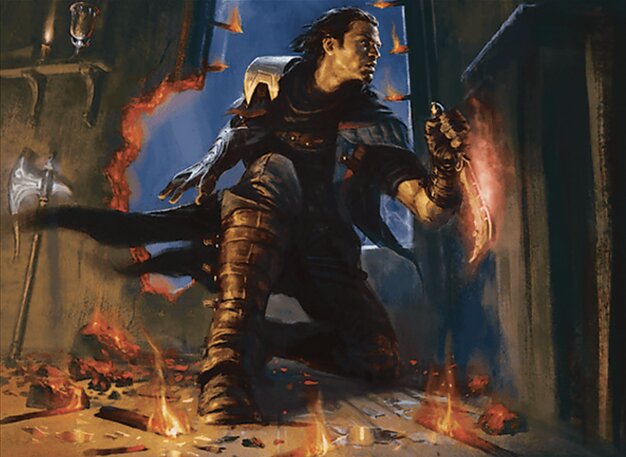


Creatures (9)
Sorceries (23)
Lands (20)
60 Cards
$233.1
This is a very all-in combo deck that is looking to cast Dragonstorm off Mizzix's Mastery or Emergent Ultimatum to set up a board state of Terror of the Peaks and two Bladewing the Risen to produce infinite damage (the second Bladewing the Risen entering play will cause the legend rule to trigger sending one of them to the graveyard, which then enables you to target it off the Bladewing the Risen trigger, and it entering the battlefield will cause Terror of the Peaks to deal four damage to the opponent. You then bring back the Bladewing the Risen that has just been sent to the graveyard and loop it over and over again dealing infinite damage).
This deck will spend the first few turns setting up the graveyard to try and set up for a combo kill on turn four – this is performed by sending Dragonstorm or Emergent Ultimatum to the graveyard, and then casting it from the graveyard using Mizzix's Mastery, or casting it off Scholar of the Lost Trove by cheating it into play off Unburial Rites.
If you’re casting Dragonstorm, then you need to have one of the dragons in the graveyard (so that you can then go infinite with just two copies of Dragonstorm since Bladewing the Risen will be able to return the dragon from your graveyard to play), or have casted an extra spell that turn (since three copies of Dragonstorm is always good enough to combo assuming you still have enough dragons left in your deck).
If you cast Emergent Ultimatum then the three cards you should pick are Dragonstorm, Scholar of the Lost Trove, and Final Parting. If the opponent lets you have Dragonstorm you just win off the combo, but if they give you Scholar of the Lost Trove and Final Parting, you can put Scholar of the Lost Trove on the stack first, then Final Parting – Final Parting will resolve first allowing you to put Dragonstorm into the graveyard, then Scholar of the Lost Trove will resolve allowing you to cast the Dragonstorm you’ve just put in the graveyard, allowing you to win with the combo anyway. This might sound complicated but it’s much easier to understand once you start playing.
Weaknesses: By far the biggest weakness of this deck is graveyard hate since your whole deck revolves around casting these big spells from the graveyard. As I’ve said before, graveyard hate isn’t usually run in high numbers, if at all, so it’s not often not an issue. Discard spells and counterspells can also be an issue but being able to combo off from the graveyard using Unburial Rites can sometimes help circumvent that.
Another big drawback of this deck is that it’s not possible to combo off before turn four which can be an issue when you’re going second, since a decent number of other decks are also capable of killing on turn four so you can be too slow on the draw.
When is it good to play? Dragonstorm is good to play when graveyard hate isn’t very common and most decks care about playing to, or interacting with the board. This deck doesn’t care about committing to the board at all, and unlike certain other combos like Greasefang, Okiba Boss, this one will win the game on the spot. On the flip side, this deck can be risky to play if there are a lot of other very fast decks in the format since this deck isn’t able to win before turn four which can often be too slow going second.
Premium >
Enjoy our content? Wish to support our work? Join our Premium community, get access to exclusive content, remove all advertisements, and more!
- No ads: Browse the entire website ad-free, both display and video.
- Exclusive Content: Instant access to all exclusive articles only for Premium members, at your fingertips.
- Support: All your contributions get directly reinvested into the website to increase your viewing experience!
- Discord: Join our Discord server, claim your Premium role and gain access to exclusive channels where you can learn in real time!
- Special offer: For a limited time, use coupon code L95WR9JOWV to get 50% off the Annual plan!
